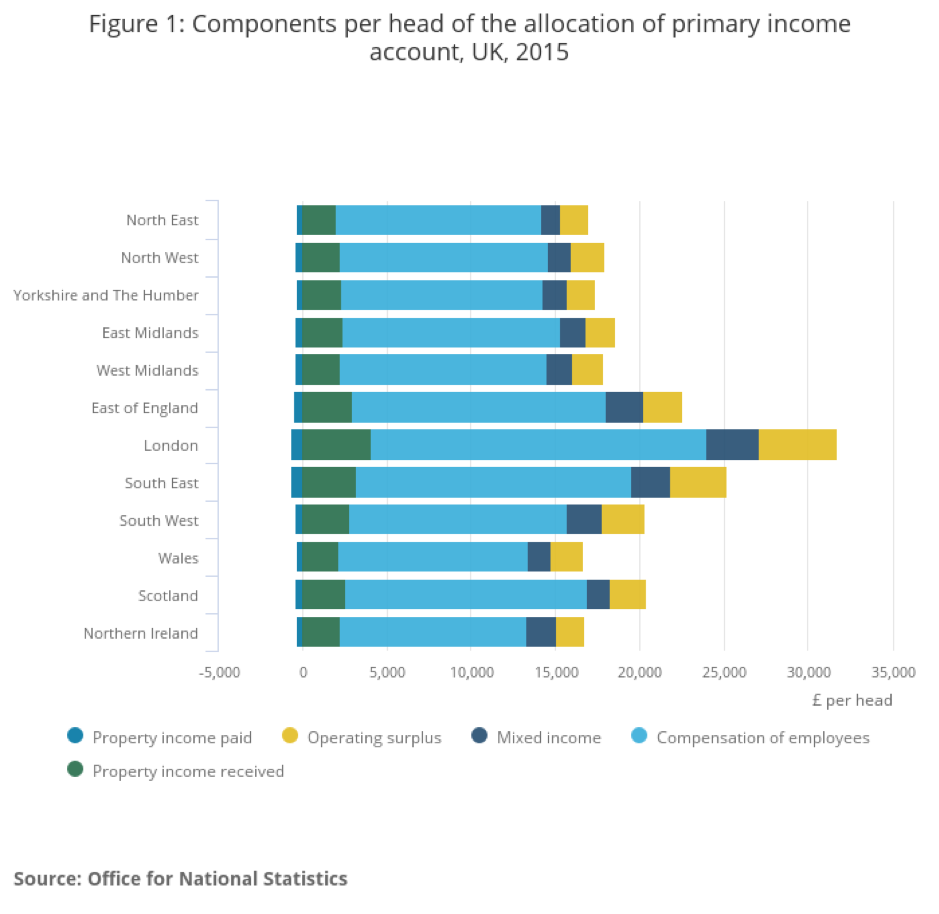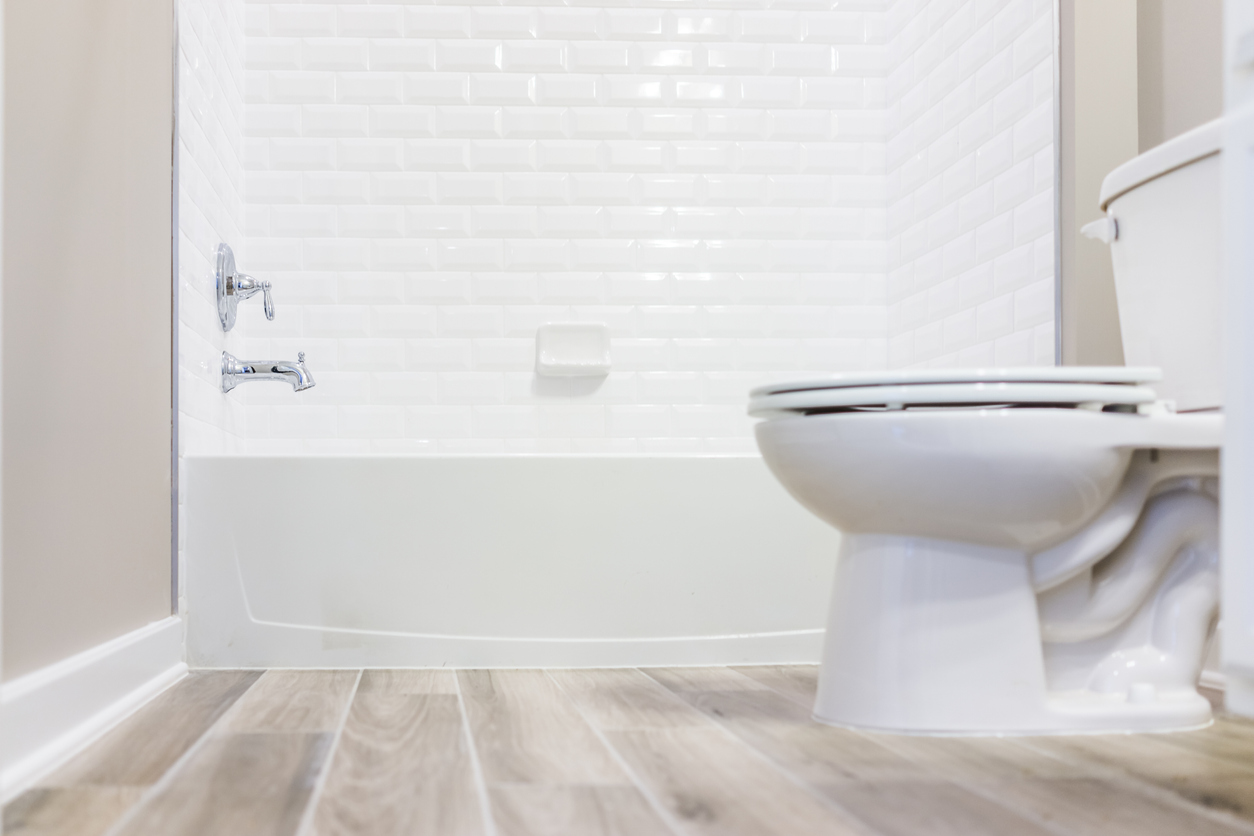Trade Guide: How much should you quote for a flooring or carpet fitting job?

One of the most important areas to get right when working as a contractor is costing your services. Charge too much and you can find yourself priced out by competitors, charge too little and you can find yourself being underpaid for quality work.
This guide will tell you how to calculate your costs for a job, and what to quote when speaking to your customers.
Quote preparation checklist
Here is a quick checklist that covers the majority of considerations you should be making when deciding how much to quote to a customer. It may not include everything relative to your specific job, but it is a good starting point.
- Write a list of all activities the job will require; including surveying, preparation, set-up, installation, repairs and cleaning up.
- How large is the room? What shape is it? Are there any obstructions to work around?
- How far do you need to travel? Will it cost you money in fuel?
- Decide how much you wish to charge for each individual task; for example, you may wish to charge less for preparation and repairs than for the installation itself.
- Estimate cost of materials required for the job
- Research industry standard quotes for the location of the job. Ensure you are competitive.
- Decide how much to quote for labour
- Decide on a mark-up in addition to your costs. This helps cover taxes, admin, accounting, insurance, business liability and marketing costs.
For more information on each of these, read on!
Why it is important to quote correctly
There are two main ways in which you can get a quote wrong. You can offer a quote that is too high or too low.
What happens if you quote too little?
- Your reputation could suffer: There is a difference between good value and “cheap”. Quote too little and your customers may think you are less skilled or experienced than your competitors.
- You may need to reduce costs: If you do not bill enough, you may need to compromise with the quality of your tools or materials to cut costs, which is never a good sign.
- You could miss out on big spenders: There is a big market of middling to wealthy homeowners looking for larger, high skilled jobs. If you are ‘cheap’ your jobs may be of lower value as a result.
What happens if you quote too much?
- Fewer jobs: Simply put, if you are too expensive for what you are offering, customers will be more likely to go elsewhere.
- You may be underqualified: If you charge a premium rate, but your experience and skill does not reflect that, you could find yourself under-delivering, which is bad for your reputation.
Your goal should be maximizing your income while keeping customers happy, but there is more to that than how much you earn for individual jobs. Billing in a way that is accurate and relevant to your skills and portfolio is key to ensuring a steady stream of work and earnings.

Calculating your minimum cost
When their diaries are full of jobs, contractors can generally earn more than those on permanent salaries. For this reason, a good way to calculate a minimum rate is to base it on what you could earn as a full time employee doing the same work.
To calculate this. Take your expected basic salary, divide this by 12. Then divide the result by 4 for your approximate weekly pay. Divide this by the number of hours you would work per week.
Take an average 38 hour working week, with a basic salary of £35,000. This is a pre-tax income of around £2,900 a month, which equates to just under £20 an hour.
If you are unsure of being able to fill a full week consistently, you can offset this by increasing your minimum cost slightly.
Tailor your cost to your location
Trade costs vary considerably by location. Depending on where you live and where you operate, you may be able to charge significantly more and remain competitive. Consider the average income of your area before deciding how much to quote.

Source: Office of National Statistics
The above graph demonstrates the big differences in average income between regions of the UK. For example, carpet fitters working in London may be able to quote significantly more than those outside of London or in the North of England.
If you are researching competitor rates to give yourself a benchmark, make sure the tradespeople you are researching are similar to you in location. Otherwise, your findings could be misleading.
Reach out to the trade community
If you don’t quite know where to start, reach out to your fellow tradespeople and find out how much they charge for their services. While these are your competitors, politely asking experienced contractors for advice can still be a helpful way to get an estimate. Reach out to more than one in order to get a consensus.
Should you quote by hour or by floor area?

The two most common ways of quoting for a floor fitting job are by area or by a daily/hourly rate. Of these, charging per square metre may be preferable because it ensures that all work is paid for accordingly, even if there are delays or unforeseen problems.
If you are experienced and confident in how long it takes to install a floor, this can be more time efficient. However, this can cause potential issues if you run over time and have booked multiple jobs in quick succession.
Charging a daily rate has many advantages. If you are working by square metre, you may feel the urge to overbook and secure more work, resulting in the pressure to rush completion.
If you charge for a full day, you and your customer knows that the job will have your undivided attention for the duration; you will not be rushing off to complete another job.
Other important things to consider
As you know, there is plenty that can make complicate a simple flooring or carpet installation. Each of these should be considered before your quote is made so you are covered in the case of delays or problems.
Does the existing floor need repairs?
If the existing floor needs any repairs or additional preparation, this can directly affect the cost of your installation.
A good quality underlay and sturdy base are essential for a flooring installation to last as long as possible. If there is any damage to this, you will need to address this as part of your work and should quote for these materials and time accordingly.
What is the flooring type?
The type of flooring your customer is looking for will obviously affect the overall price. To start with, the materials themselves vary in base cost.

Material costs can also vary widely within the same flooring type. For example, woods like pine and bamboo are generally cheaper than walnut.
You should also take into account what additional materials (such as underlay) and tools you will need to install each floor type, as well as how long it takes you to install it. It is down to you to work out your own work time for each and budget for it accordingly.
Where is it being installed?
The type of room you are working with also makes a big difference. A simple square room with few obstructions will require less work than one that is an awkward shape or has obstructions such as a mantlepiece or toilet. Obstructions like this may require cutting of the materials.

You should find out:
- The shape of the room
- The dimensions of the room
- The function of the room
- Obstructions in the room
Your own experience and pace
You know your work better than anyone, so you must take into account how long it takes you to complete various tasks to a high standard. Whether you are a fast worker, or prefer to take your time, it is always better to set expectations in both time and cost at the first stages.
Example quote calculation
The following is purely an estimate for the purpose of showing an example. These figures should not be taken as a guideline for actual costs.
Estimate completion time for task: 8 hours
- Your cost per hour: £20.00
- Total labour cost: £160.00 (£20.00 x 8)
Add on to this…
- £200 in materials
- £20 mark-up (waste, service, etc)
- £40 in overheads (travel, taxes, admin, etc.)
When calculating, take into account the time you will need to spend travelling between jobs, this is still your own time and you might consider covering it in your cost.
Total quote: £440.00
Summary
Estimating the cost of a job as a tradesperson depends on a number of factors and getting it right can give you a great business advantage over your competitors. As you work, you should refine your quoting strategy based on what works in order to solidify your future earnings.

Time is of the essence, and the chances are your potential customer will have contacted other trades for a quote. With practice and experience, you will be able to price up jobs quickly and accurately, which will give you another advantage.
We hope this guide has been helpful to you, and we wish you luck in your upcoming projects.
If you have any queries about tools or materials for the flooring trade, feel free to contact us directly for advice.
Related articles
- What is the best flooring for a kitchen?
- TEC Glue Guns: Overview & User Information
- The 5 Best Knee Kickers for Trades in 2019
- Carpet Stretching: A Step-by-Step Guide
- Plastic Welding Guide for Trade